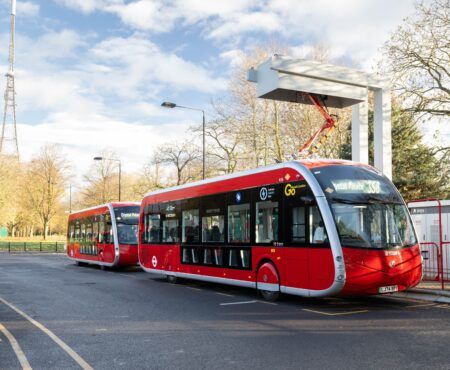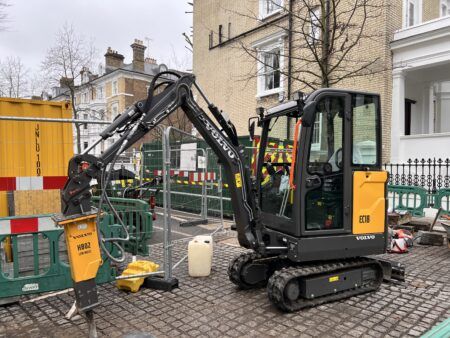The UK government is accelerating its plans for the ‘electrification’ of vehicles on the country’s roads, with a major £35m (US$43m) package to boost the uptake of ultra-low emission cars and scooters.
The fresh funding commitment will see thousands more electric vehicle chargepoints installed on streets and at workplaces across the UK, after the number of new ultra-low emission vehicles (ULEVs) registered rose by 250% in just two years. The announcement is part of the government’s plans to improve air quality, and it comes as the Department for Environment, Food and Rural Affairs (Defra) launches a new consultation on introducing Clean Air Zones in the cities of Birmingham, Leeds, Nottingham, Derby and Southampton by 2020, delivering on the government’s commitment to create cleaner air and reduce emissions. The new funding follows the release of the latest figures that show the January-September plug-in car registrations total has already exceeded the full-year 2015 figure, with 28,697 vehicles purchased, an increase of 509, with three months of the year still to go.
The funding is being delivered as part of the government’s commitment to invest £600m (US$637m) in ULEVs by 2020. The new finance includes:
Next steps of a £20m (US$24.5m) first-of-its-kind competition that will help councils roll out chargepoints for ultra-low emission taxi fleets;
Up to £10m (US$12.3m) funding for chargepoints outside private and public sector workplaces and homes where there is no off-street parking;
Launch of an initial £3.75m (US$4.6m) scheme to encourage the uptake of zero emission motorcycles and scooters, providing riders with up to 20% off the cost of an electric two-wheeler;
A sum of £2m (US$2.4m) awarded to public and private sector organizations to deploy hydrogen fuel cell vehicles, with 14 public and private sector fleets from around the country, including city councils, emergency authorities, and car hire firms, receiving funds for a total of 50 hydrogen-fueled cars and vans, more than doubling the number of these types of vehicles on the UK’s roads.
Announcing the new funding, UK Transport Minister John Hayes said, “No matter what mode of transport you need – a scooter to get to work, a car or a van to run your business – we are here to help you do it with zero emissions. The number of ultra-low emission vehicles on our roads are at record levels, and new registrations have risen by 250% in just over two years. We are committing £35m (US$43m) to help install new chargepoints and offer new grants, as we aim for nearly all cars and vans on our roads to be zero emission by 2050.”
Poppy Welch, head of the government-backed Go Ultra Low campaign, said, “The £10m (US$12.3m) government investment in workplace and residential chargepoints is sure to boost motorists’ confidence in electric cars and vans, while accelerating uptake rates. This gives drivers extra options and addresses a perceived lack of accessible chargepoints. There are more plug-in cars on our streets than ever before, and we expect uptake to continue its strong upward trend.”




